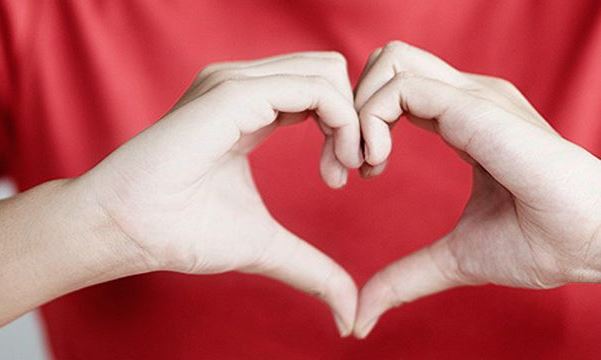 Our heart – when we’re happy, we say our heart is full of joy; when we’re sad, we say our heart hurts or is broken. We often use our heart as a measure for our emotional well-being. But when our heart suffers physical damage, it’s the Cardiologists we turn to for help.
Our heart – when we’re happy, we say our heart is full of joy; when we’re sad, we say our heart hurts or is broken. We often use our heart as a measure for our emotional well-being. But when our heart suffers physical damage, it’s the Cardiologists we turn to for help.
The heart is about the size of the human fist. It has its own electrical system, its own blood supply, and beats over three billion times over a human lifetime. As one of our body’s most essential organs, it is remarkably complex.
There are roughly 150 Cardiologists in BC – treating conditions such as heart failure, coronary heart disease, cardiac arrhythmia, and inherited heart disease – often heart problems are chronic long-term conditions. In BC, there are a number of heart function, cardiac function or heart failure clinics operating in all health authorities. Through SSC, cardiology has received funding for physician leadership training and Quality and Innovation projects, including helping to establish the BC Inherited Arrhythmia Program.
There is amazing technology that can do wonderful things like heart transplants, artificial hearts, valves through tubes, new plumbing, new electrical circuits, electronic paramedics in a patient’s own chest. One of the most challenging issues is the rapid progression of expensive new technologies, for example percutaneous valve replacement, which has become a routine, but expensive procedure.
Although there have been remarkable advances, heart disease has risen steadily over the last century - especially in industrialized countries. It is the second leading cause of death in Canada, and nine out of 10 Canadians over the age of 20 have at least one risk factor for heart disease. But many of these risk factors can be reduced or eliminated with simple lifestyle changes: not smoking, exercising more, eating healthier and reducing stress among others.
Given the heart's many essential functions, it seems wise to take care of it and Cardiologists help to ensure our hearts keep on ticking.



